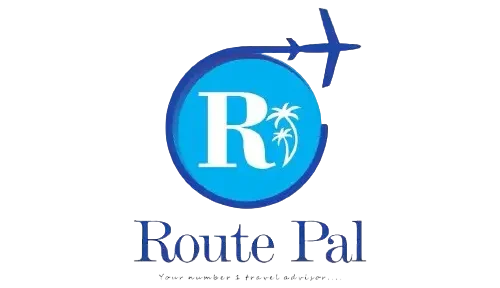The Trump Administration is currently reviewing a proposal that could dramatically reshape how international travelers access interview appointments for the United States’ B1/B2 visitor visas. According to a May 17 memo obtained from Trump’s policy team, the plan suggests introducing a “premium appointment” system, allowing foreign nationals to pay an extra $1,000 to speed up access to visa interviews at US consulates abroad.
If implemented, this would mark one of the most significant changes to US consular services in recent years—especially for tourists and business travelers applying under the B1 (short-term business) or B2 (tourism) visa categories.
What the Premium Visa Proposal Entails
Currently, applicants pay a non-refundable $185 visa fee for the B1/B2 visa and must often endure months—sometimes over a year—of wait time before securing a visa interview. The new proposal would offer priority scheduling for those willing and able to pay a $1,000 premium fee on top of the standard visa application fee.
It’s important to note that this proposed fee does not change the actual visa eligibility requirements. Applicants must still meet all documentation, financial, and security screening obligations. The only difference is that they would be able to “jump the queue” by paying for earlier access to interview slots.
Why the Proposal Is Being Considered
Long wait times for US visitor visa interviews have become a major concern worldwide. In several countries, including India, Nigeria, Brazil, and parts of Latin America, appointment delays can stretch well over 300 days. These delays have disrupted family visits, business meetings, tourism plans, and academic events.
According to the Trump campaign’s internal memo, the goals of the premium fee initiative are threefold:
-
Improve customer experience at US embassies and consulates.
-
Generate additional revenue for the US Department of State.
-
Ease pressure from mounting appointment backlogs for urgent travelers.
Supporters argue that the $1,000 fee could help fund consular improvements and pay for additional staffing, leading to better service delivery for all.
Potential Impact: Fast for Some, Frustrating for Others
While the fast-track option could offer relief to travelers in a hurry—especially business professionals with tight schedules—it raises ethical and practical concerns about equity in visa access.
Critics argue that it would essentially create a two-tiered visa system:
-
One where wealthier applicants can fast-track their way into the country.
-
Another where everyone else continues to wait through standard channels, often for many months.
This disparity, some say, could exacerbate existing global inequalities, particularly affecting applicants from developing nations who already struggle with travel costs and visa hurdles.
Still Just a Proposal—for Now
As of now, the $1,000 premium visa appointment system remains a proposal only. It has not yet been implemented, and there is no official timeline for its potential rollout.
A spokesperson for the US Department of State declined to comment on “internal planning or draft proposals,” reinforcing that this policy is still under internal review by Trump’s policy advisers.
With the 2024 US presidential election drawing closer, immigration and visa reform have become prominent topics for the Trump campaign, and this proposal may be part of a broader effort to signal more efficient—but possibly more exclusive—immigration systems under a future administration.
What Should Applicants Do Now?
Until there is an official change in US visa policy, all B1/B2 applicants are strongly advised to:
-
Follow existing application procedures.
-
Book appointments as far in advance as possible.
-
Ensure all required documentation is complete and up to date.
-
Keep monitoring updates from the US State Department or consulate websites.
Travelers should also be cautious about third-party services promising expedited appointments—unless such services are officially endorsed or offered by the embassy itself.
Final Thoughts: A Balancing Act Between Efficiency and Fairness
The idea of a premium visa appointment fee is not without precedent—other countries offer expedited services for passports, visas, or immigration reviews. However, applying this concept to one of the world’s most sought-after visas could have ripple effects.
On one hand, it addresses the demand for quicker processing, especially for business travelers whose economic contributions are time-sensitive. On the other, it raises the question: Should wealth determine access to mobility?
For now, the world watches and waits to see if this controversial proposal becomes official US policy—or remains a campaign idea in the background of a heated political season.
